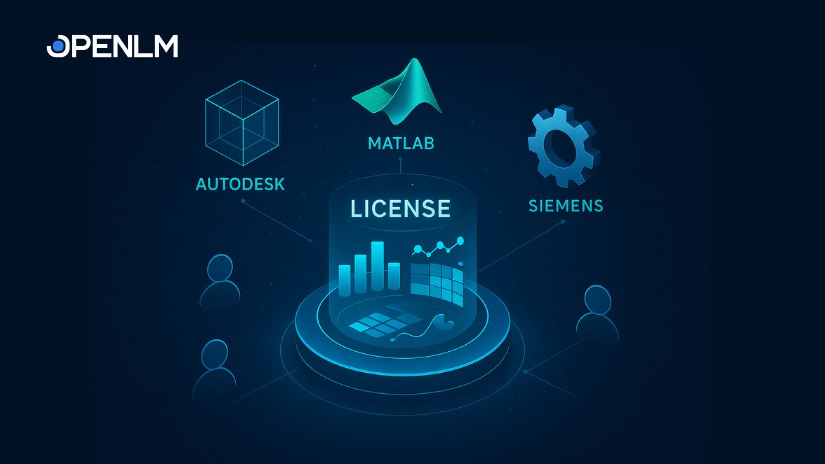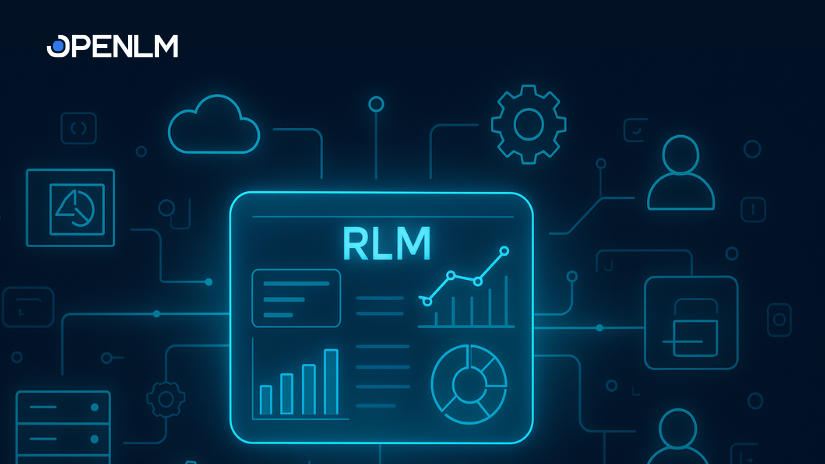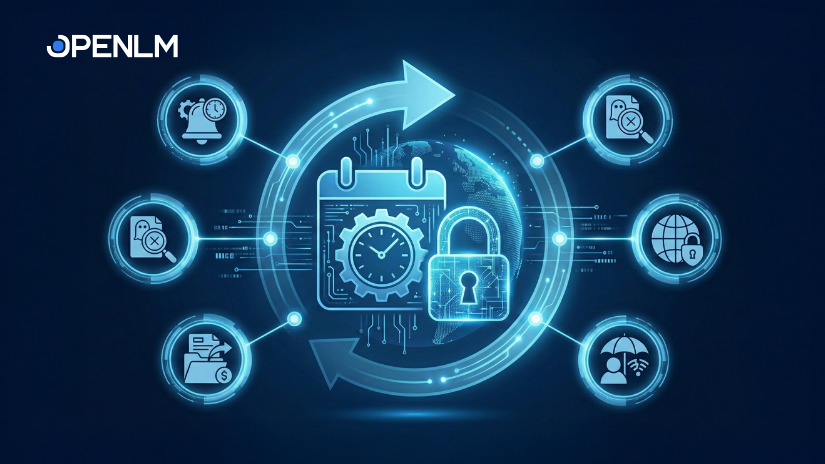In SaaS-driven organizations, losing sleep over an impending software license audit is quite common for the leadership. It is understandable when you consider how vendors like SAP pursue their customers with non-compliance suits that carry price tags in the hundreds of millions. Most organizations focus on their ERP, HR and general office software, supplied by vendors such as Oracle or Microsoft. Specialized applications are often overlooked, unless there is a heavy investment in them. So you will often find an engineering company monitoring their Autodesk licenses while software from other vendors, such as Ansys, is overlooked, because there are only a few licenses.
The risk of a software compliance audit where you have bought software via an on-site agreement, such as a perpetual license, remains the same for any software as it does for the AutoCAD or ArcGIS license. However, software compliance audits need not be an issue if the organization takes an active interest in adhering to the contents of their license agreements. Too many companies rely on their vendors to tell them about their licensing costs, where they should be monitoring these costs themselves. Wondering how to make software licensing audit nightmares a thing of the past? Read on to learn the key steps.
Table of Contents
ToggleEstablish a proper software procurement policy
Practices such as software piracy are quite common—often leading to the loss of millions of dollars. Often, departments that require the software get hold of a pirated version, while the IT is kept on dark. As a result, when the software producer issues penalty for non-compliance, it comes as a bolt from the blue.
To prevent such situations, it is prudent to implement an internal software licensing audit program through a legitimate SAM policy. With that, organizations can manage planning, acquisition, operation and disposal of their software assets. That’s how you can track and manage which department is using which software and how long. It will also eliminate the possibilities of users accessing pirated versions of software.
Go into the deep of each license agreement
You are in the risk of non-compliance if you don’t have clarity over the fine details of the license agreement. It is no secret that most people don’t go through the lengthy EULAs. In 2016, a handful of US citizens agreed to surrender their first-born for using a social networking site called Namedrop. Later, it was found that actually a study was going on to establish this pattern of user behavior, and Namedrop was just a fictitious account.
This indicates why it is important to read and understand each term of an EULA, so that you can align your deployment and usage policy accordingly and have nothing to lose in software license auditing.
It is also recommended that you keep all your old license agreements, as deviations from the original agreement may have crept in over the years.
Review your software policies
As licensing models are becoming more complex with the rise of cloud licensing. your software policies may not be covering all bases. Here are a few important factors you must consider:
- Who manages the licenses: Ideally this should be centralized for all applications, but if not rules and responsibilities that will ensure compliance must be documented
- Access and entitlement: Based on whether the user is an employee or a contractor.
- BYOD and BYOA (Bring your own device/application): If a user brings in their own laptop running AutoCAD and a few other applications, it can affect your agreements, as well as theirs.
- Cloud applications: Most companies assume that cloud usage removes the need for software license audits (it does) and therefore compliance too (not so).
- Other forms of licensing: Including SaaS, token and embedded licenses
Notably, this is not an exhaustive list. For instance, you may have outsourced your licensing management to a third party which is covered by an SLA. The management of the outsourcing must be clearly defined. If you have been involved in recent mergers and acquisitions, your policies and license agreements will not be aligned, and this may have been overlooked.
Opt for a smart license management solution
Most vendors supply you with a license manager, usually from specialist license management companies like Flexera or Gemalto. These applications manage licenses from the vendor’s perspective, not yours, although some of the newer license types, like embedded licenses are more customer-centric. The provided software is designed around accumulating costs for the vendor to charge you. In some cases, such as with Autodesk Token-Flex, these costs can be excessive if you do not understand the nuances of how the token time units work.
It is just not viable to build manual processes to calculate costs from your perspective, so investing in an agnostic license management application is your best bet. Not only does a good application calculate usage costs, it can be used to optimize license usage and can save you thousands of dollars or more annually. OpenLM specializes in license management for engineering and scientific software, and even has extensions for other commercial software and custom-built products.
Push your vendor to bring a transparent, non-partial auditor
Even top auditing firms have the bad reputation of siding with bigger parties (read ‘software vendors’) out of vested interest. There are multiple accusations against the Big 4, where they have manipulated audit reports to offer unfair benefits to the software vendors. That’s why it is important to crosscheck the reputation of the external auditors your software vendor in bringing before saying ‘yes’.
Conduct internal audits to resolve any glitch on priority
With OpenLM, you can perform internal software license audits any time you want. Implementing this practice will not only keep everyone on their toes with regards to license compliance, but also ensure that you are compliant. Thus, by integrating OpenLM into your architecture, you can save compliance penalties, prioritize efficiency, and start contributing to the ROI.
Join our upcoming webinars to know more about SLM best practices, as well as OpenLM products and services.





